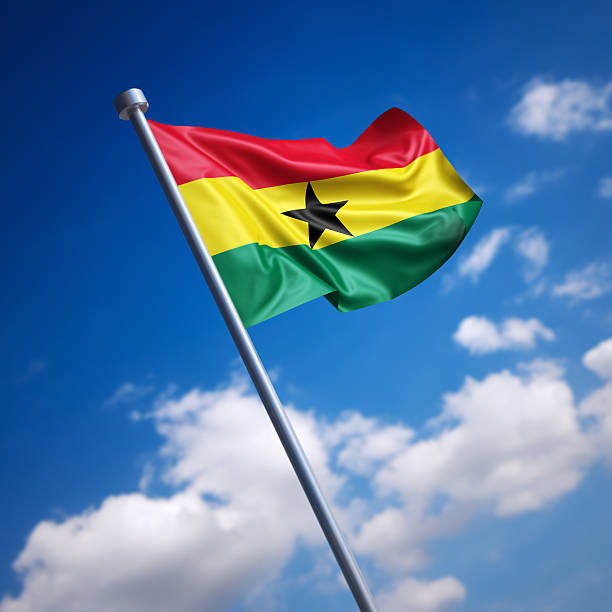In March every year, I watch with enthusiasm the unofficial labelling of the month as the “Ghana month” by the media and all sundry. I watch and listen to the many programs developed to talk about and celebrate the ‘culture’ of Ghana. To mention just a few, I see the wearing of traditional clothing, the use of local accessories, the showing of old footage, and many other symbolic showings that attest to the fact that the Ghana month agenda is manifesting.
However, I am struck with wonder and disappointment that, in the discussions about the things that reveal our ‘Ghanaianness’, there is hardly any mention of values and principles that Ghanaians have or must-have. The conversations about who we are, what we believe in, and where we are going are conspicuously missing in the celebration of Ghana.
Undoubtedly, I feel this is a peculiar problem in our country. I believe for a long while now, we have blindsided the importance of values and principles in our nation and national conversations. Curiously, however, we complain about several things bordering on neo-colonization, financial dependence, and the so-called ‘Ghanaian attitude’.
We worry about why we are not progressing like other peer nations, why there is corruption, and why there is a lack of concerted effort to develop Ghana. Yes! these are crucial, however, I feel they must be discussed in the context of values.
In my opinion, the discussions that could help us answer all those questions, and pave a definitive path for the future, are those that are concerned with defining our values and collective conscience about who a Ghanaian is, what a Ghanaian believes in, and how a Ghanaian should behave, and work. Those questions should have priority over current sentimental discussions about Ghana. Ghana is not only about clothes, food, artworks, and what we vaguely describe as ‘our culture.
It is about the spirit of Ghana. On Independence Day, when the president lights up the perpetual flames, symbolically lighting up the spirit of Ghanaians, we must sit back and ask ourselves, what ‘spirit’ is the president lighting up? Is there even any foundational understanding of the Ghanaian personality and destiny? If there is, what is it? And how can we promote it? If there isn’t, then how can we create a new one and inculcate it in the youth.
Finally, I am of the view that alongside the rather difficult discussions about money, trade, politics, freedom, corruption, apathy towards the government, and other issues that bother the country, there should be deliberate attempts to talk about softer issues like values, beliefs, principles, and ethics. We need a deliberate plan to form the collective conscience of Ghana.
I believe these are what make and drive people and a country to attain success. They are indeed the foundations of building a resilient and prosperous nation.

